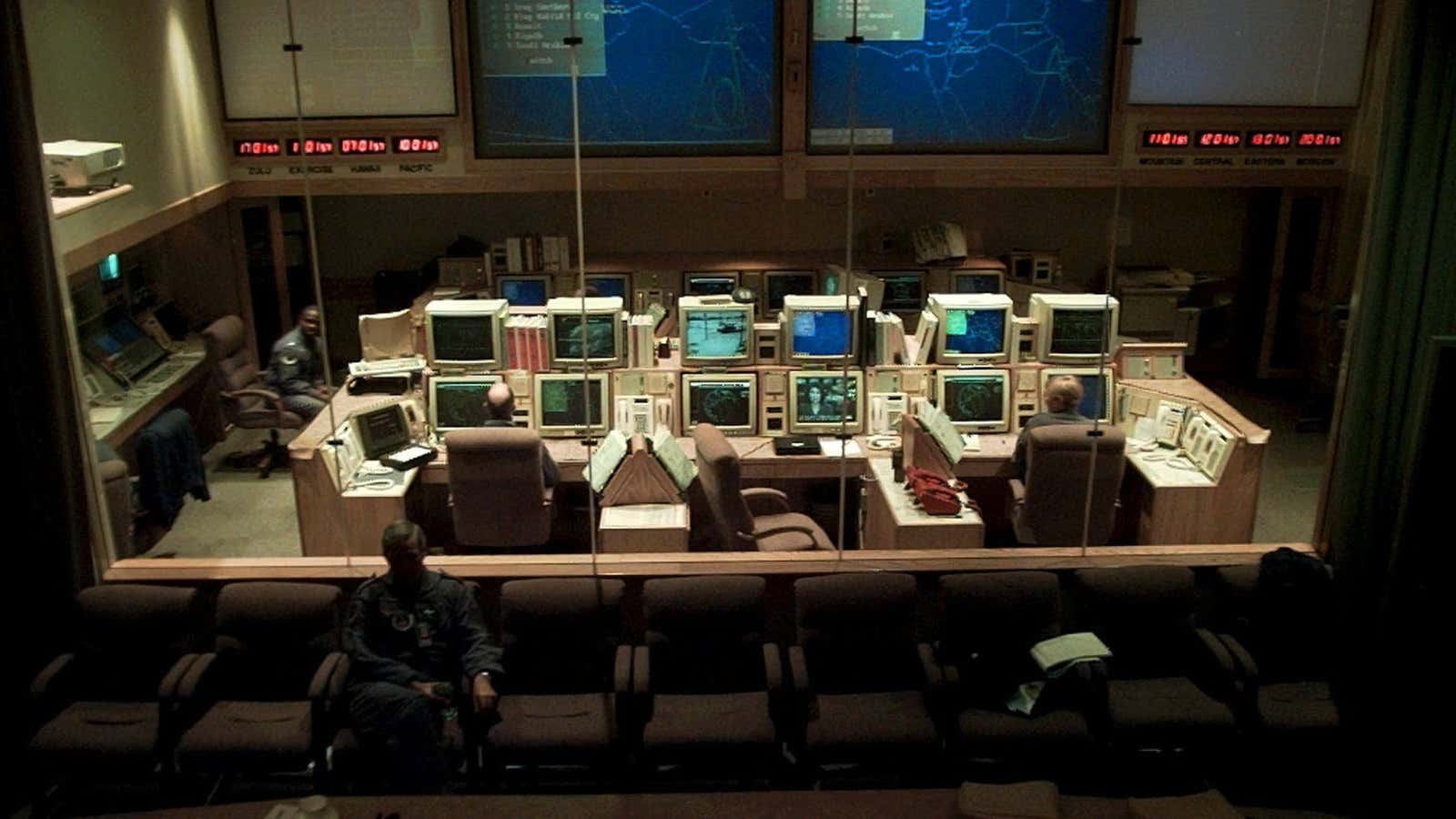It’s hard to overstate how deeply Evelyn Berezin’s legacy is rooted in daily life. Every time you type a document or make airline reservations or a bank transaction online, you are using technology pioneered by Berezin, who died Dec. 8 at the age of 93. She may be one of the most important figures in tech history that you’ve never heard of.
After graduating from New York University in 1945 with a degree in physics, Berezin became interested in the nascent computer industry. Her particular expertise was building computing networks for a specific task. In 1962, as an employee of the company Teleregister, she built a computerized booking system for United Airlines, the first system of its kind.
Yet opportunities for women in tech’s early days were extremely limited. Berezin told NPR that a 1960 job offer from the New York Stock Exchange was rescinded because, the hiring manager told her apologetically, “They said that you were a woman, you’d have to be on the stock market floor from time to time. And the language on the floor was not for a woman’s ears.”
If she wanted to move up at a company, she realized, she would have to create it herself. She founded Redactron in 1969 with the goal of creating a tool that would revolutionize the workplace—the word processor. Two years later, Redactron brought to market the Data Secretary, a device that transformed the laborious work of producing documents. Redactron sold 10,000 of its $8,000 machines to law firms and corporate offices before being sold in 1976, as its larger competitor IBM flooded the market with alternatives, according to the New York Times.
Berezin went on to serve on the boards of several companies and as a fellow of the Computer History Museum. She was inducted in 2011 into the Women in Technology Hall of Fame.
“There are very few women who go into the high technology area because they’re scared of it, but they would probably find less resistance in getting a job there than in many other fields,” she told the New York Times in a 1975 profile, after founding her company. “I had been in this industry for almost 20 [years] and I felt I could do a better job than 99 per cent of the people I saw in it.”
Looking for more in-depth coverage from Quartz? Become a member to read our premium content and get 40% off your subscription for a limited time!
